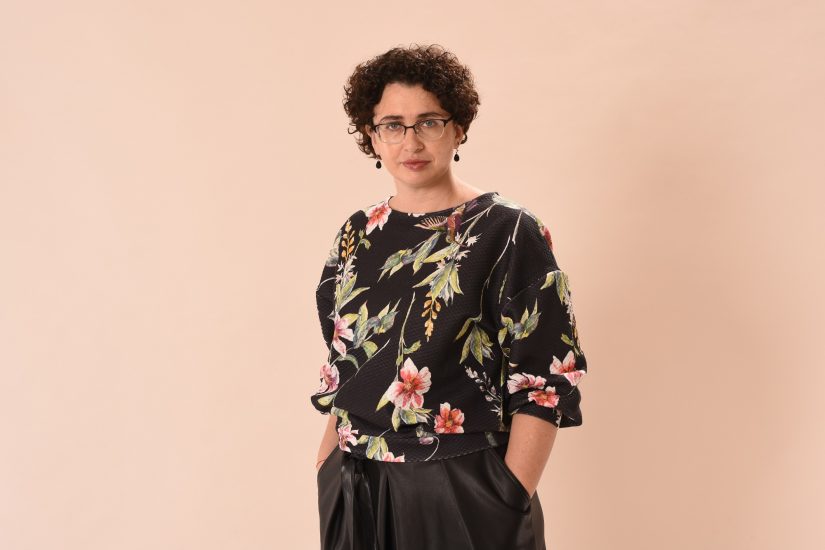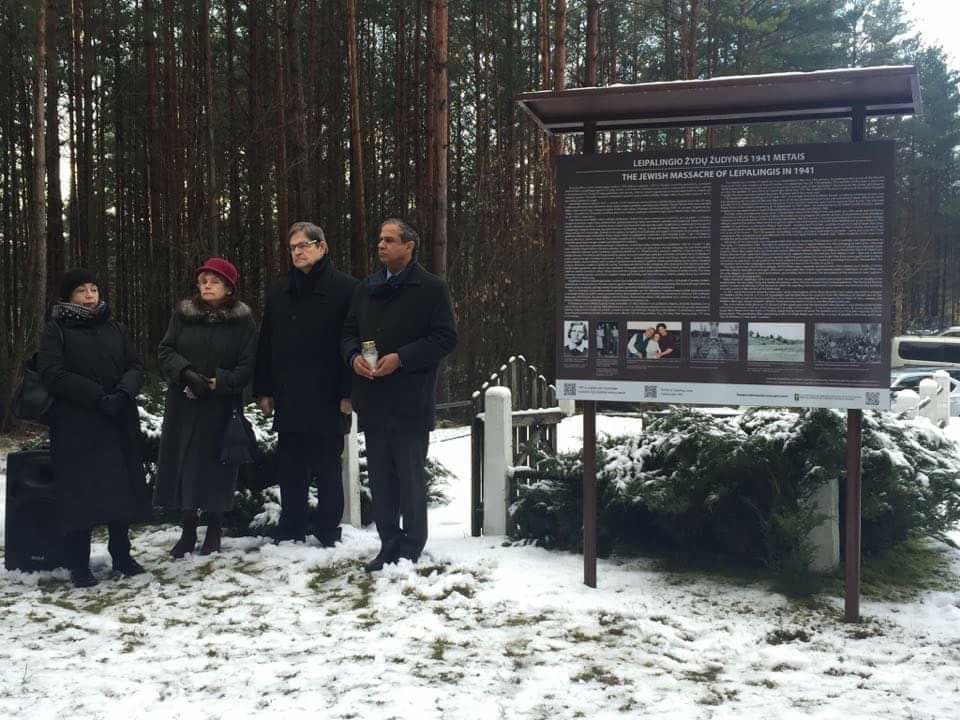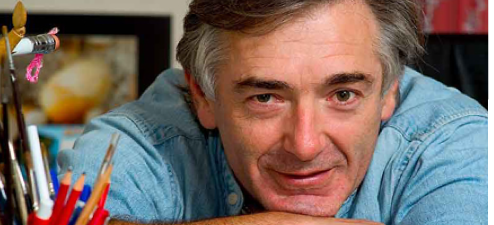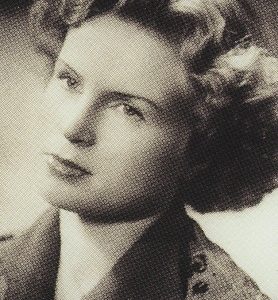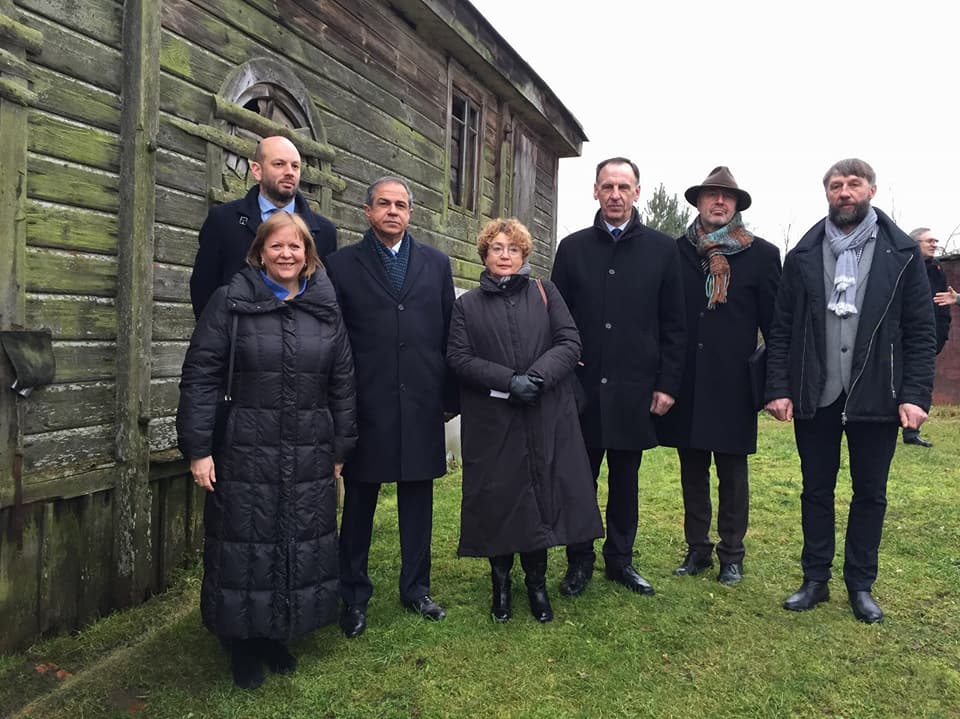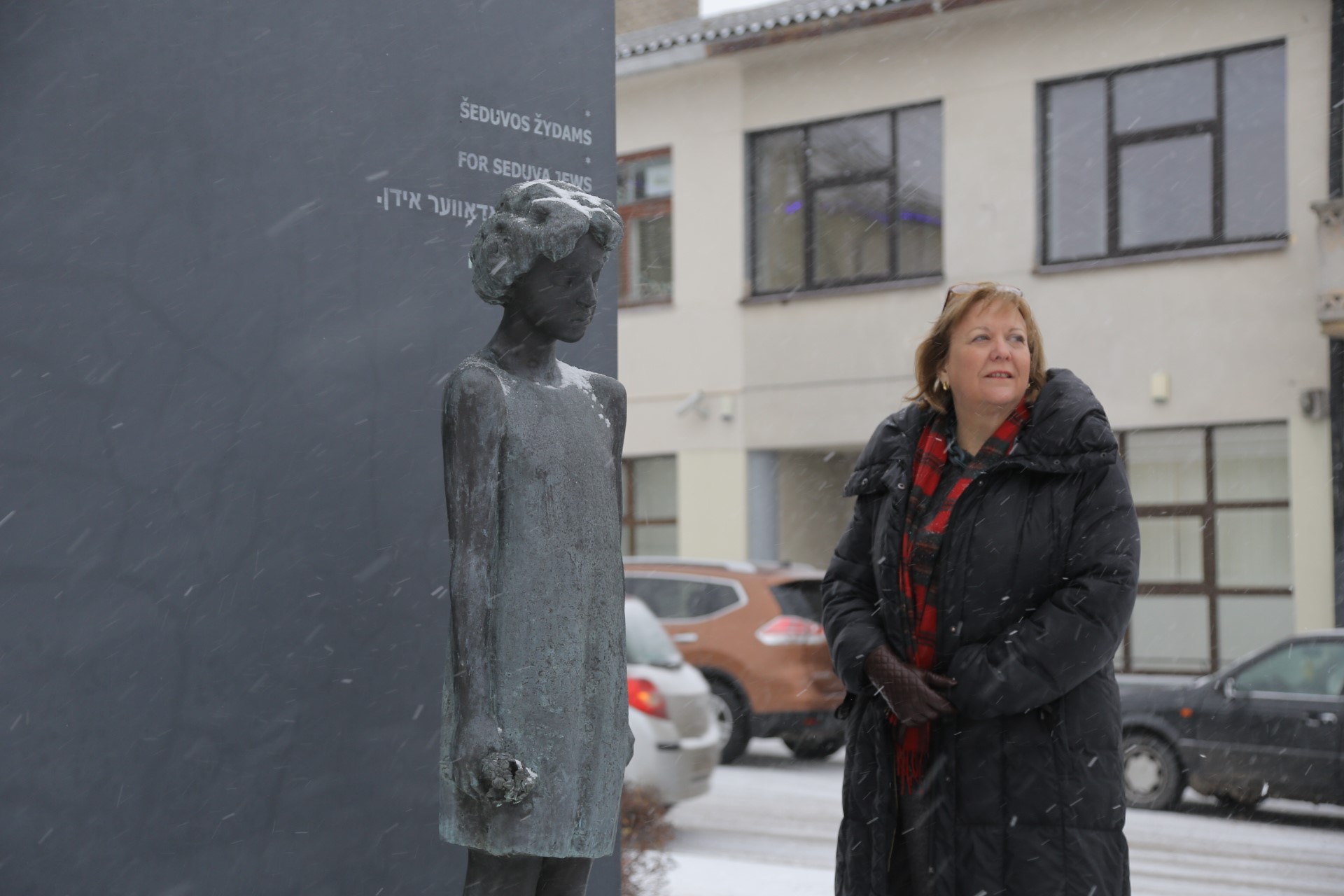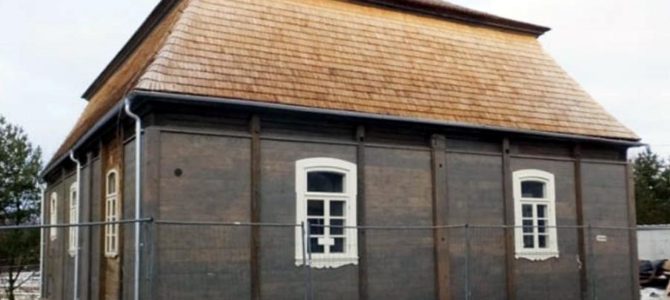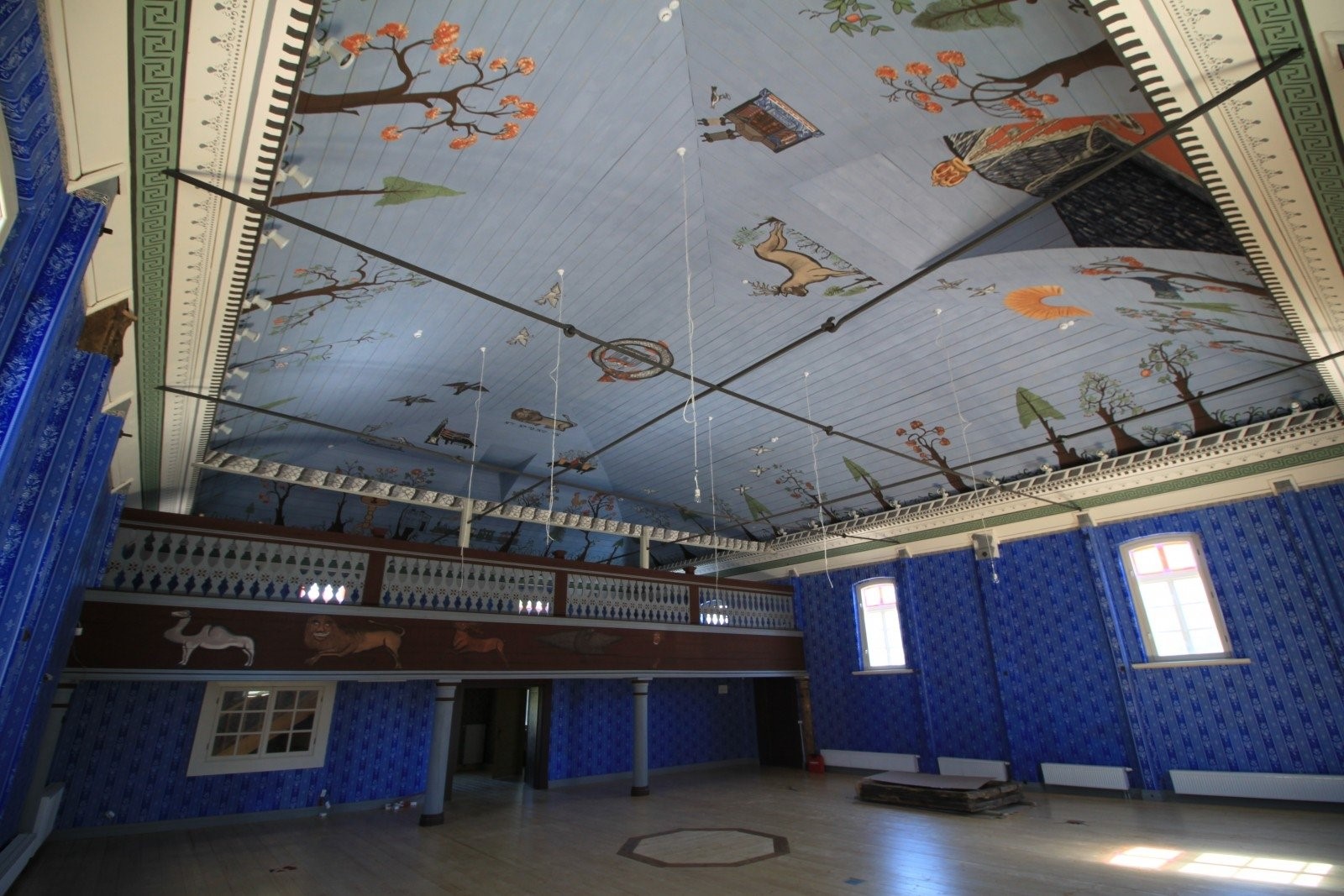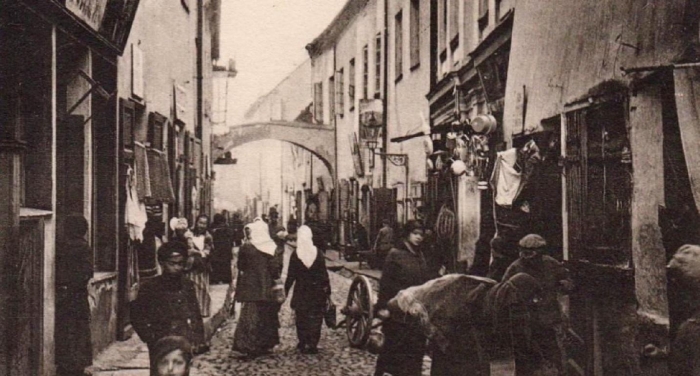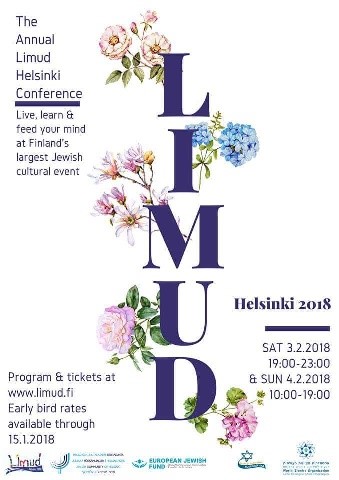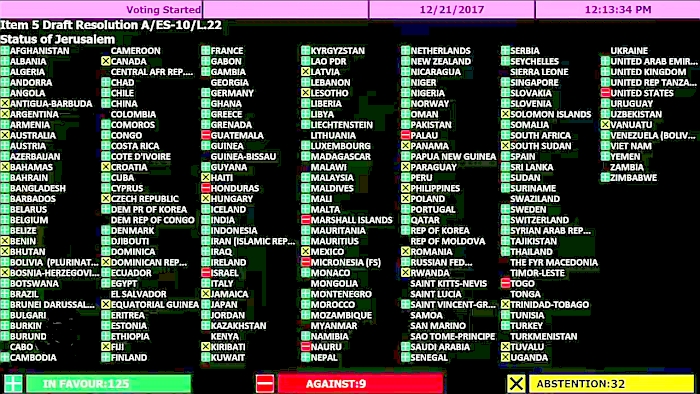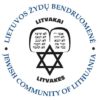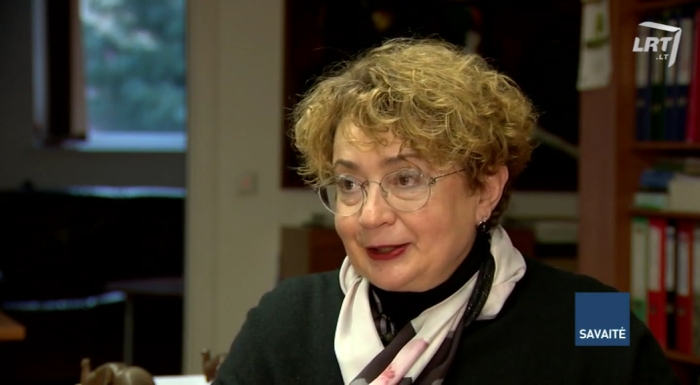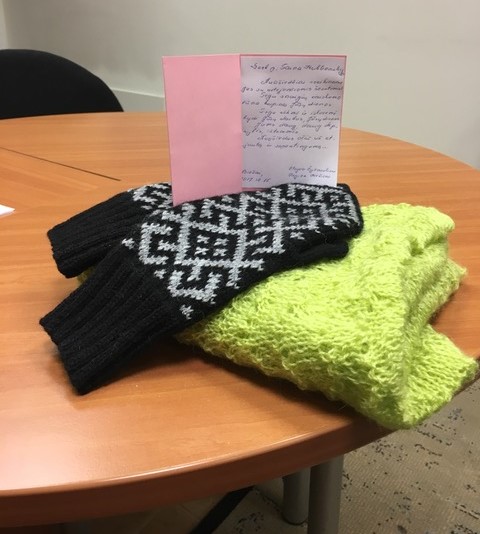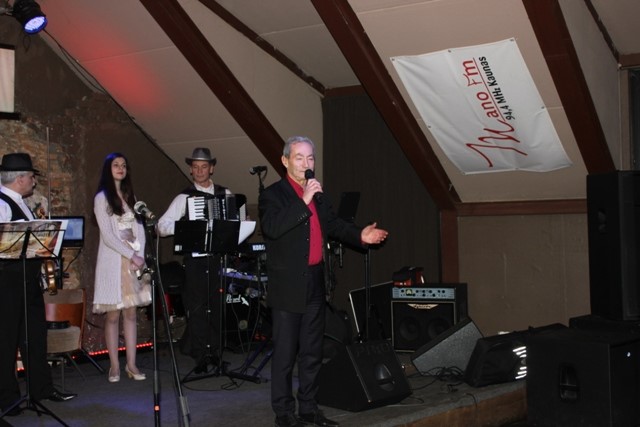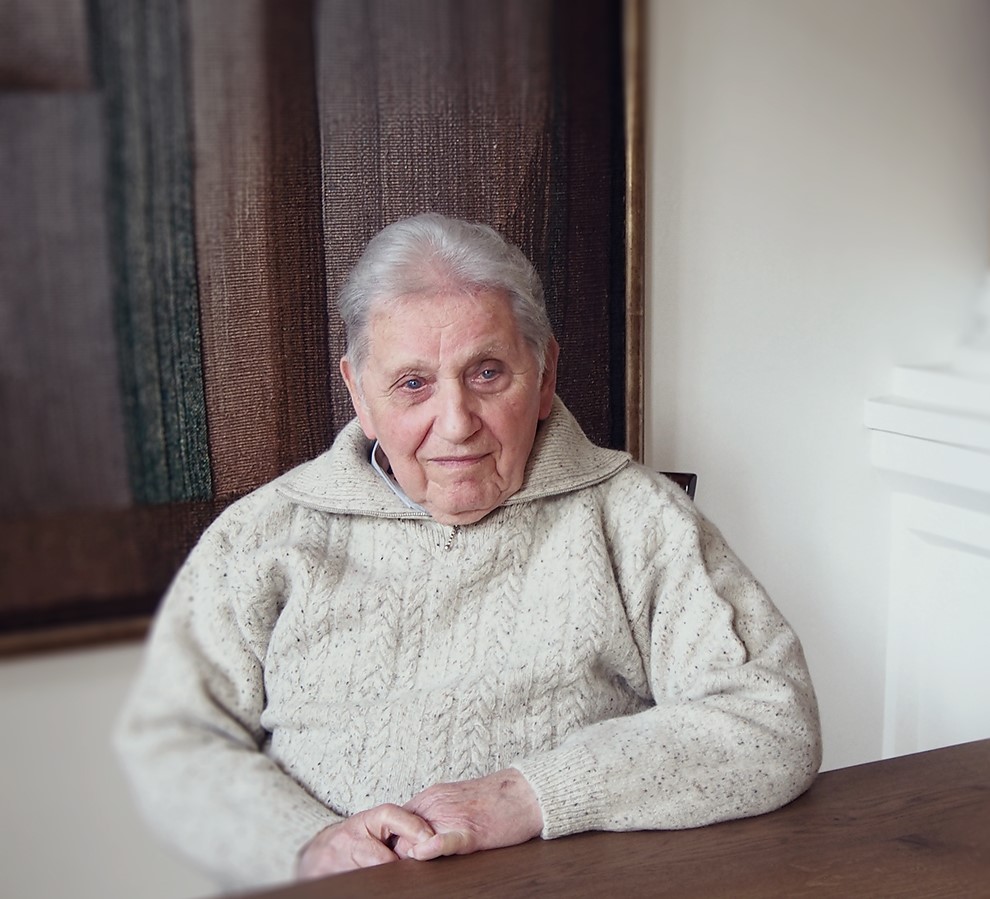Lithuanian Jewish Community chairwoman Faina Kukliansky has issued a statement regarding the Vilnius District Court decisions of November 22 and December 21, 2017:
Two contradictory findings have been made by the same court regarding the Lithuanian Jewish Community.
The legal format of the Lithuanian Jewish Community is that of an association, and the corresponding principles and means of operations are regulated by the Constitution of the Republic of Lithuania and the Lithuanian Law on Associations. On December 21, 2017, the court issued a finding without regard to the imperative of law guaranteeing the right of every association member to vote and each member’s equality of rights, and without regard to the articles of incorporation and regulations of the Association providing for discretion of action by its board of directors.
Likewise, on November 22, 2017, the court based its findings on a resolution of the Government of the Republic of Lithuania on proposed amendments to section 4 of article 8 of the Law on Associations rather than on existing law. Basic principles of law were ignored, and therefore the LJC plans to utilize its right to appeal this decision through the appeals process in the immediate future.
Furthermore, the court finding of December 21 contradicts a finding by the same Vilnius District Court on November 22, which determined the section of LJC regulations regarding differentiated numbers of votes by members at a Conference is in violation of existing and binding Lithuanian law and was therefore found to be null and void.
On April 19, 2017, the board of directors of the LJC initiated an annual report and elections conferences following the letter of the law and correspondingly seeking to insure the equal representation of the rights of all members of the LJC. At that time it was regretfully impossible to find agreement on this issue based on dialogue and negotiation, and it had to go to court.
This in itself is a defeat, not of the organization, but of all of us, all Jews. The internal disagreements made public will not bring greater honor to anyone, will not quell expressions of anti-Semitism, will not help tear down stereotypes and will not contribute to consolidating energies for meaningful in service of the members of the community. It is regretable that this small Jewish community has been divided when it would be possible to consolidate efforts for achieving greater things, including battling anti-Semitism, caring and providing for the needs of community members, promoting Jewish culture and history and preserving Jewish heritage. In November of 2017 the Lithuanian Jewish Community proposed to the Vilnius Jewish Community we disengage from legal battles through a peace treaty or through mediation. We do not withdraw this offer even now, but to date the Vilnius Jewish Community has ignored the proposal to solve disagreements through negotiation.
